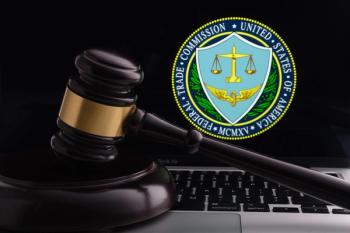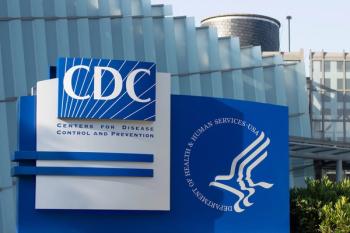
Flu, RSV vaccines can be given safely at the same time, study says
Double dose against respiratory illness may be more convenient for patients.
Patients can receive their
Researchers examined a split group of 1,399 healthy adults aged 65 and older in April to October 2022, the flu season in Australia and the Southern Hemisphere. Among the participants, 705 received the influenza and RSV vaccines together, and 698 received them sequentially, according to the study.
Blood samples taken before and one month after the shots showed the RSV vaccine prompted “robust immune responses” whether coadministered or given alone, the study said. Doubling up the shots may be convenient for patients while increasing RSV vaccine uptake.
“Coadministration of these (two) seasonal vaccines would eliminate the need for an additional visit to a health care provider for individuals receiving both vaccines; this would likely be convenient for patients and health care providers and, in turn, potentially increase vaccination rates,” the study said.
At the end of the 2022-2023 winter season in the United States, flu vaccine uptake was 71% for adults aged 65 years and older.
“If this encouraging uptake could be sustained and influenza vaccine coadministered with RSVpreF, this would help protect a substantial proportion of older adults against these important respiratory pathogens,” the study said, referring to the RSV prefusion F protein-based inoculation.
“This is especially important given the surge in RSV cases in the Northern Hemisphere in the fall of 2022,” the study said.
“Although this study was conducted in older adults, we expect that the favorable safety profile and robust immunogenicity observed with coadministration would support broad application,” the study said.
Researchers found patients reported some local reactions, such as injection site pain, redness and swelling, developing within one to two days after the injections, and lasting one or two days.
Fatigue was the most commonly reported systemic reaction (30%) when receiving the RSV and flu vaccine, or when receiving a flu shot and placebo (27.1%), or receiving the RSV vaccine alone (19.1%), or receiving the placebo alone (17.6%). That was followed by headache, muscle pain, joint pain, nausea, diarrhea, fever, and vomiting, generally lasting one to two days. The systemic events were mild or moderate; severe systemic events across all groups reached 1.7%.
Patients have an increased risk of serious RSV infection if they also have heart, lung or immune system conditions, the study said. The researchers cited another meta-analysis that estimated in 2019 there were about 5.2 million cases of acute respiratory illness, with 470,000 hospitalizations and 33,000 in-hospital deaths, among adults aged at least 60 years, in the United States, Canada, Europe, Japan and South Korea.
The study, “Safety and Immunogenicity of Bivalent rsvpref Vaccine Coadministered with Seasonal Inactivated Influenza Vaccine in Older Adults,” was published in Clinical Infectious Diseases. The study was funded by Pfizer Inc. using its Abrysvo RSV vaccine, which is used to prevent RSV in adults aged 60 years and older, in pregnant women during weeks 32 to 36 of the gestational stage.
Newsletter
Stay informed and empowered with Medical Economics enewsletter, delivering expert insights, financial strategies, practice management tips and technology trends — tailored for today’s physicians.




